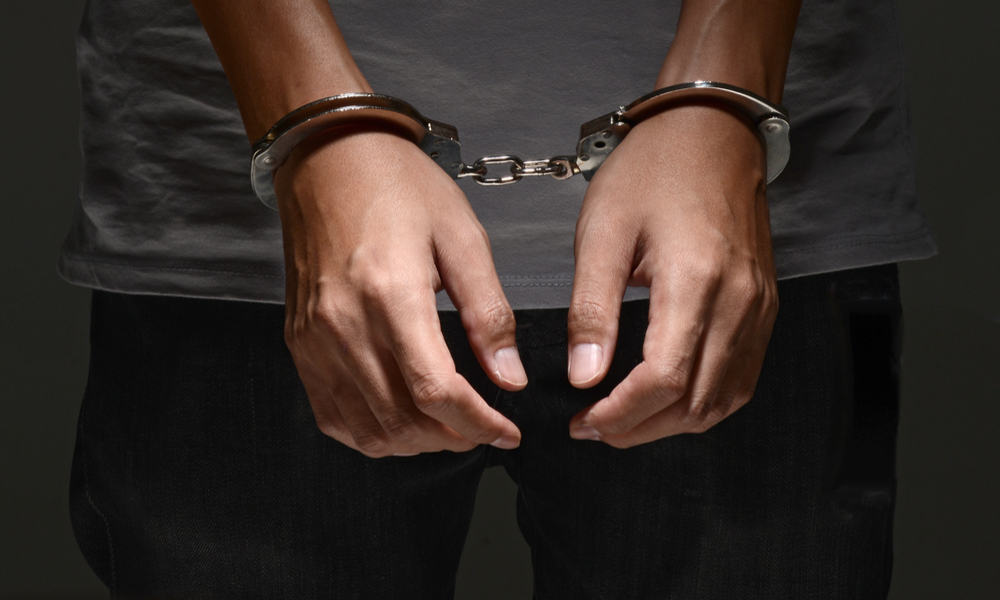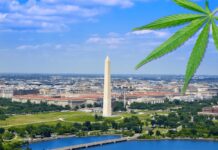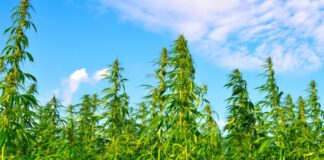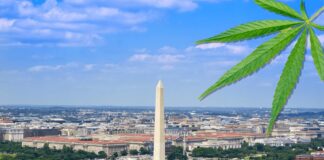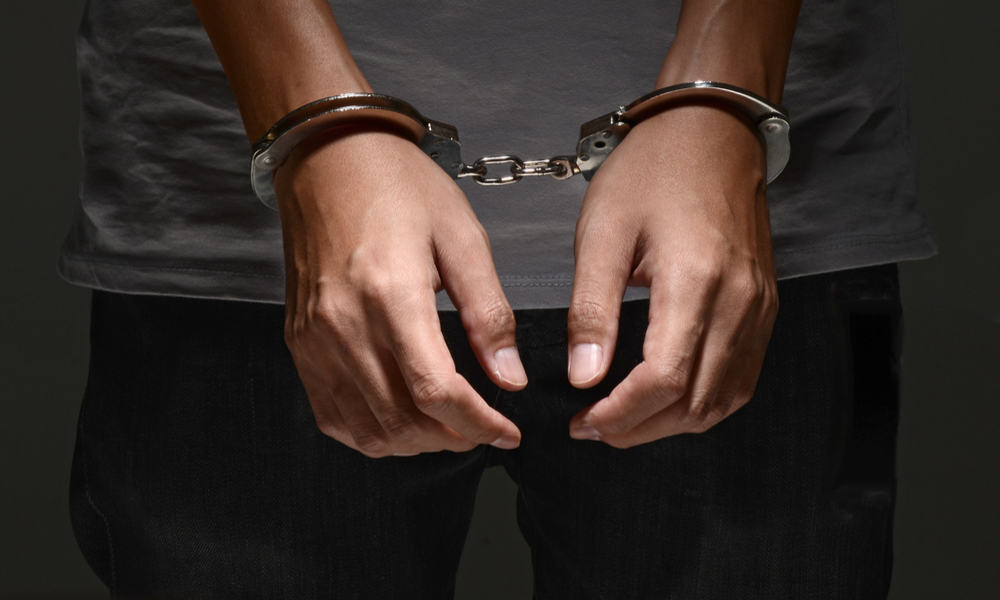
A new report shows that black cannabis users in Alabama are being disproportionately targeted for arrest and prosecution. The report, “War on Marijuana,” was released on Thursday by the Alabama Appleseed Center for Law and Justice and the Southern Poverty Law Center (SPLC).
The report details the impact cannabis prohibition can have on the lives of black Alabamans, including one man who spent 15 months in jail for a dime bag of weed.
“This war on marijuana is one whose often life-altering consequences fall most heavily on black people,” the report said.
Researching arrests from 2016, the most recent year data was available, the report found that black people were nearly four times as likely as whites to be arrested for marijuana possession. The disparity for marijuana felonies was even greater, with arrests of blacks five times as likely as whites. The difference comes despite research that shows that blacks and whites use cannabis at the same rate.
The rate of disparity was highest in a small number of counties. Of the 50 Alabama law enforcement agencies with the most arrests for marijuana possession, the study found that seven police forces were 10 times as likely to arrest blacks. Statewide, marijuana possession had the highest disparity among blacks and whites out of 20 of the most common arrest offenses.
Carlos Chaverst, a Black Lives Matter activist in Birmingham, said that members of the black community are policed more vigorously than white people.
“It’s a direct correlation with what we’re seeing on the ground,” said Chaverst. “Because we are still in the deep South and the Bible Belt, there’s still overt racism here.”
Prohibition A ‘Waste Of Tax Dollars’
Frank Knaack, the executive director of Alabama Appleseed, said that the prohibition of cannabis is costly and unjust.
“Alabama’s war on marijuana is a monumental waste of tax dollars, undermines public safety, and is enforced with a staggering racial bias,” said Knaack. “The impact of an arrest for possessing marijuana is often significant, and the consequences can last for years. Even an arrest for the possession of a small amount of marijuana can upend somebody’s life by limiting their access to employment, housing and college loan programs, and leaving them trapped in a never-ending cycle of court debt.”
Knaack said that the resources spent prosecuting marijuana offenses could be put to better use elsewhere.
“In 2016 alone Alabama spent over $22 million on the enforcement of its marijuana possession laws,” Knaack said. “At the same time, the state agency tasked with analyzing forensic evidence in all criminal cases, including violent crimes, faced a crippling backlog. It’s time for Alabama to invest its resources on strategies and programs that will help keep our communities safe—investigating serious crimes and providing substance abuse and mental health programs.”
Lisa Graybill, the deputy legal director for the SPLC, said that the war on marijuana continues Alabama’s legacy of racial injustice.
“Alabama continues to shoot itself in the pocketbook with harsh, outdated laws that create needless suffering for its residents, particularly for black people who are still living with the legacy of Jim Crow,” said Graybill. “It’s past time to reform laws that perpetuate discrimination.”
Graybill said that it is time for Alabama to reform the laws that prohibit the use and possession of cannabis.
“Alabama should follow the lead of other states that have realized marijuana prohibition is self-defeating and counterproductive,” Graybill said. “We’re draining scarce resources and driving people further into poverty—and there’s no public safety benefit. Even Mississippi has decriminalized small amounts of marijuana.”


